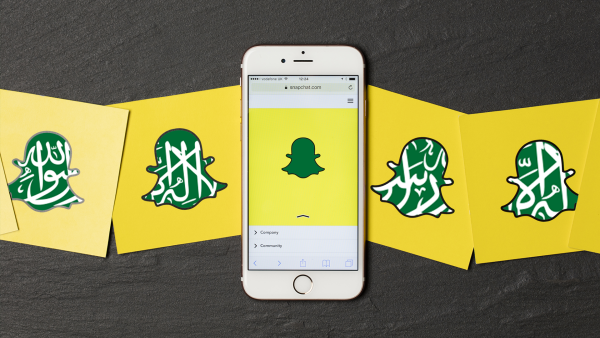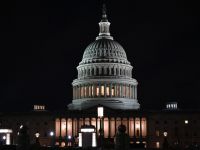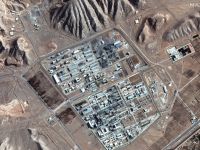As of October 2021, Saudi Arabia had the regional lead in terms of Snapchat users and ranked the 5th global user of the American video-sharing application. However, some Saudi voices are now calling for a boycott of the app.
Even though Snapchat is still a largely popular social media network in Saudi Arabia, many Saudi commentators are now calling on each other on other platforms to stage a boycott of the application used by 18.73 million people in the country.
تطبيق يتابعه الصغير والكبير والرجل والمرأة ، ولكنه يصنع فروقات وطبقيات ومقارنات وشحناء وبغضاء وحسد وحقد وغيرة داخل المجتمع الواحد .
— تميم (@m_1385) February 11, 2022
هذه الطاقة السلبية تركت كثيراً من المشاكل والطلاق والخلاف بين الأقرباء والأصدقاء والعائلة الواحدة .
#حمله_لحذف_سناب_شات
Translation: "The app is being used by people of all ages and genders, but it is creating class comparisons, envy, and hatered within the one community. This negative energy has caused lots of issues, divorces, and conflicts between relatives, friends, and families."
Such calls followed several tweets that accused the US-based application of pushing "more liberal" content to users in the country where conservative voices and practices are witnessing historic changes.
For several years now, particularly since the rise of young Crown Prince Mohammad Bin Salman to power in 2015, Saudi Arabia has been going through fundamental changes in terms of culture and social traditions, making the country gain the reputation of a more progressive and liberal one.
المشكلة ليست في حذف البرنامح ولكن أتمنى ان يكون هناك ضب للمحتوى المحلي في هذه البرامج وأن تكون متوافقة مع قيم المجتمع والذوق العام #حمله_لحذف_سناب_شات
— هلال الهلالي (@hilal_alhilaly1) February 11, 2022
Translation: "The problem is not in removing the app. I hope the local content showed in such apps are monitored and that it goes along social values and public decency."
Yet, it seems that many voices are still resisting these changes, as they express their desire "to maintain traditions, religion, and conservative culture" in the country, including the type of content shared across social media platforms.







